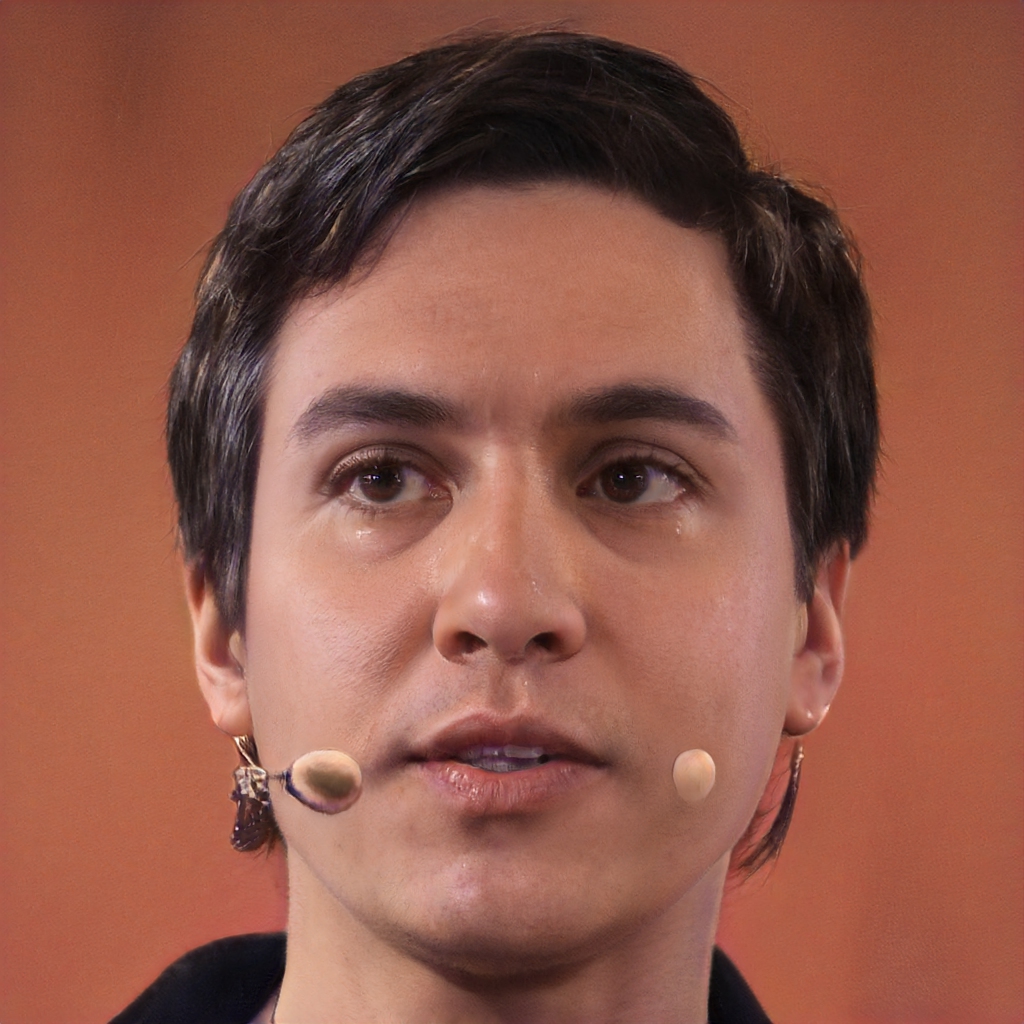Scientists and billionaires together to discover the secret of eternal youth: with cellular reprogramming we could live forever.
A new scientific bet is attracting the attentions and resources of Silicon Valley's greatest minds and most important wallets: the search for a true elixir of life, which employs the latest discoveries in biotechnology to rejuvenate people.
Apparently, the efforts of important scientists and entrepreneurs, including the ever-present Jeff Bezos, are focusing on a new company: Altos Labs, which from the few available news is already working on a genetic reprogramming system that would allow to rejuvenate.
A dream team in search of immortality
About a year ago, in Los Altos, in the hills of Palo Alto, Russian entrepreneur Yuri Milner - who owes his fortune to mail.ru - called together a large group of scientists at a symposium titled "How Biotechnology Can Be Used to Rejuvenate People."
A lifelong philanthropist and funder of scientific research, to the point of having established an annual $3 million prize for the most important scientific research, Milner is focusing his efforts on the quest for immortality, or more precisely, rejuvenation.
And to do it, he's assembling a veritable dream team of scientists, snatched from the most prestigious university professorships with million-dollar salaries courtesy of the project's backers.
Altos Labs' plans are now shrouded in mystery, with backers not commenting on the story and scientists neither confirming nor denying involvement in the project.
What is certain is that UCLA professor Steve Horvarth, the inventor of the biological clock, and Shinya Yamanaka, who won the Nobel Prize in 2012 for discovering cell reprogramming, will be part of the team.
Juan Carlos Izpisúa Belmonte is another certainty in the Altos Labs project: the Spanish biologist at the Salk Institute, who declines to comment on the affair, became famous for mixing monkey embryos with human ones and then claiming that it is possible to extend human life by about 50 years.
Belmonte has been working since 2016 on Yamanaka's discovery, using cell reprogramming technology to rejuvenate mice, in search of a potential elixir of long life.
Cellular rejuvenation
What's clear, then, is that Altos Laboratories is pursuing cellular rejuvenation through reprogramming technology, with the obvious goal of applying the treatment to humans.
The experiments on mice show great potential, but also high risks that do not yet allow to apply the technology to humans: while some cells show an effective rejuvenation, some mice have taken to developing strange tumors, called teratomas.
The technology discovered by Yamanaka, in fact, allows to restore cells to an embryonic state, but only through the introduction into the body of special genes that can change the nature of the cells in an unexpected way. As the Nobel laureate himself admits, confirming his involvement in the project, "even if there are many difficulties to overcome, the potential is enormous."
And it's so enormous that, to date, what worries us is more than anything else the growing number of new private companies engaged in the research of rejuvenation through biotechnology - a number evidently unrelated to the real technological and scientific advances required.
As Dr. Alejandro Ocampo, Belmonte's former colleague at Salk, legitimately tells MIT Technology Review, "How much research is there on in vivo reprogramming? Practically the same number of companies doing it."
The old Calico Labs launched nearly two decades ago by Google founder Larry Page is water under the bridge. As David Sinclair, a Harvard researcher who used reprogramming to restore sight in blind mice, says: "there are hundreds of millions of dollars invested in reprogramming, with the specific aim of rejuvenating parts or the entire human body".
According to analysts, more than 270 million dollars have been invested in the Altos company, not only by Milner and Bezos, but by a large number of capitalists around the world who dream of not aging.
